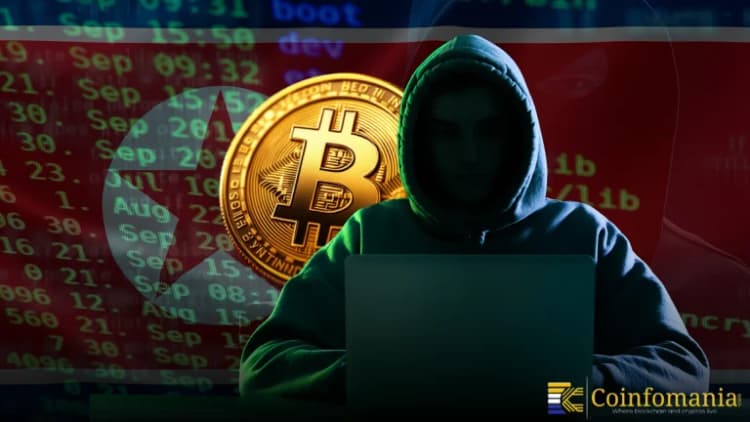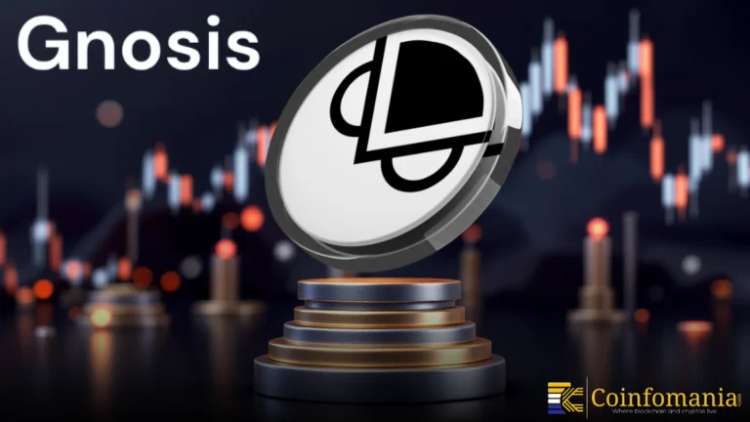DEFI-SECURITY
Latest News in DEFI-SECURITY

NewsLatest News
Crypto Hack by North Korea Stole $2 Billion in 2025
North Korean hackers stole $2.02 billion in cryptocurrency in 2025, according to Chainalysis. This is a 51% increase from 2024, even though the number of attacks dropped. The total amount stolen by DPRK-linked actors has now reached $6.75 billion since 2016. Fewer Attacks, Bigger Targets Although the total number of hacks went down, the value […]
2 Min read
Hanan Zuhry
Author

News
Gnosis Balancer Hack Funds Recovered After Hard Fork
2 Min read
Hanan Zuhry
Author

News
Ethereum Privacy Roadmap Introduces New Tools for DeFi Privacy
3 Min read
Hanan Zuhry
Author

DeFi News
Venus Protocol Recovers 11 Million In Record Time
3 Min read
Ashutosh
Author